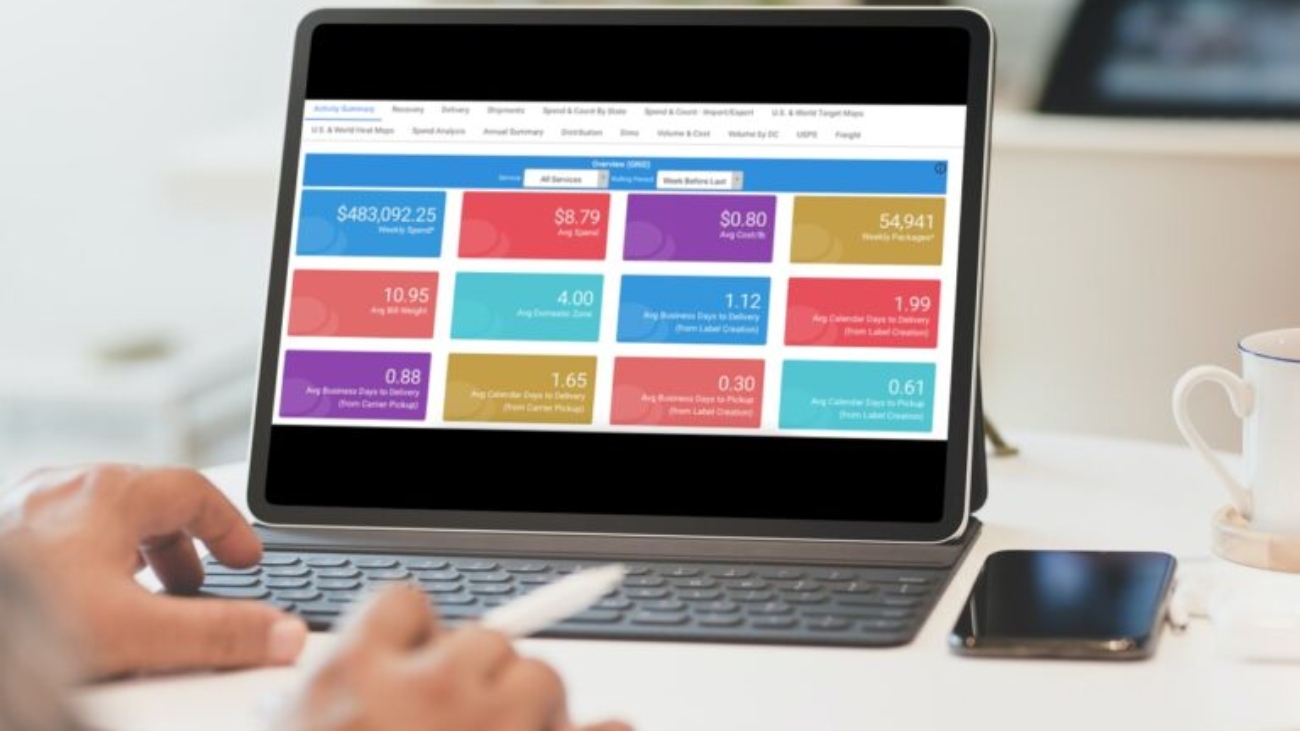Lately, negotiations with parcel carriers are becoming more complicated. Do you often wonder whether your UPS or FedEx contracts give you the best shipping rates? Are you paying extra for services you don’t need? Shipping companies have a better idea in contract negotiations with only their shipping data.
Carrier contract negotiations were a part of our discussion in our earlier blogs. This article will explore the importance of shipping data in carrier contract negotiations.
Small parcel contracts with UPS and FedEx
Shipping companies enter into agreements with UPS and FedEx for small parcel shipments. Parcel carriers try to make as much profit as possible with complex shipping information. But, businesses can maximize their UPS and FedEx small parcel contracts with the knowledge of their shipping data. Companies need to understand their shipping spend and profile to negotiate with parcel carriers. For instance, an invoice has added Surcharge, based on the shippers’ products. However, during contract negotiations, clarity on the accessorials and discounts is a part of the discussions. Example: Additional Handling Surcharge.
Impact of General Rate Increase on negotiations
FedEx and UPS have announced their annual General Rate Increase (GRI). (check out our blog on this). GRI is not only for accessorials but prices are also based on each service, zone, and weight of packages. The contract negotiations with UPS and FedEx need to discuss GRI specific to a shipper’s profile. The contracts need to include clauses that save money for businesses even if there is a change in shipping rates later. Audit companies understand the nuances of GRI and list rates of UPS and FedEx. Partnering with Audintel will make the task easier for shippers.
Shipping knowledge- shippers’ advantage
Knowledge regarding list rates, surcharges, and other data is essential during contract negotiations with parcel carriers. Shippers have a competitive advantage over the parcel carriers with this knowledge. For this reason, shippers have to consider the following aspects during contract negotiations with UPS and FedEx.
1. Impact of DIM factor on pricing
DIM is the Dimensional weight of a package. DIM weight is based on length, breadth, height dimensions and DIM factor. Shipping carriers like FedEx and UPS calculate shipping prices based on DIM weight and actual weight. Further, shippers can negotiate DIM factor and save money.
2. Understanding Multi weight/Hundredweight services
Companies that have multiple packages weighing more than 200 lbs. to be sent to a single location opt for FedEx’s Multi weight service. This service is only available for companies having shipping contracts with FedEx. UPS Hundredweight service works on similar lines and is for multiple-package shipments. Shippers should understand the potential costs and negotiate rates with FedEx/UPS representatives.
3. Avoid Money-Back Guarantee waiver
Money-Back Guarantee (MBG) waiver waives the right to file refunds for late shipments. Shipping companies should avoid signing agreements having an MBG waiver. Though UPS and FedEx will offer discounts for an MBG waiver, businesses need not sign such contracts.
4. Incorporate minimum reduction
Each parcel shipped by UPS and FedEx has a minimum charge based on service, weight, and zone. Minimum reduction is a negotiated value aimed to reduce the published minimum charges. Shipping companies may save money on their shipments with minimum reductions clause. Shippers have to make sure that it is a part of the agreement during negotiations.
5. The necessity of accessorial discounts
UPS and FedEx increase accessorials or surcharges annually along with rate increase. Businesses need to be careful not try to negotiate accessorials for services not used by them. In addition, shippers can ask for more discounts on accessorials used by them from parcel carriers and save money. In short, it is necessary to have discounts on UPS and FedEx contracts during contract negotiations.
The above aspects need to be understood by shipping businesses. Further, it has to be part of the discussion with parcel carrier representatives during contract negotiations. In addition, businesses unsure how to proceed with UPS/FedEx contract negotiations need to seek help from experts, such as Audintel.
How partnering with Audintel will help?
Audintel provides the requisite information about UPS and FedEx to its customers. Our customers have their shipping profile data handy when negotiating with the parcel carriers. Audintel advises businesses about making changes in their UPS/ FedEx contracts that will benefit them. As a result, shipping companies save money when they partner with Audintel. In addition, we help customers get the best possible deals with data strategies.
Final Thoughts
Carrier contract negotiations are complex. However, having shipping data in hand is an advantage for shippers. Audintel provides data to businesses for better UPS/FedEx contract negotiations. Shipping contract negotiations are made simple with shipping data in the hands of shippers. Alternatively, Audintel provides its expertise in carrier contract negotiations to its customers. We are just a step away-call us at +1 (619) 354 8539 or contact us by clicking here or visiting the Audintel website.

